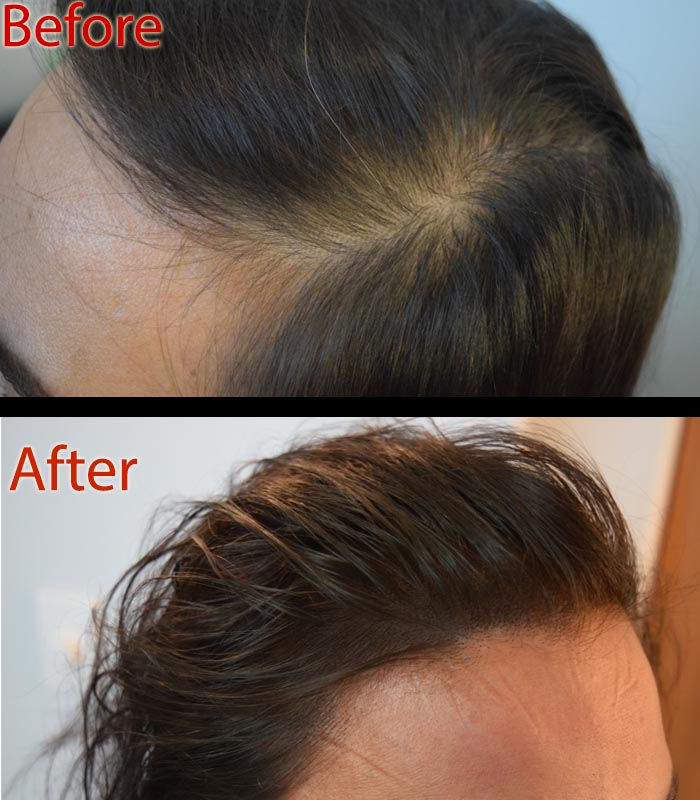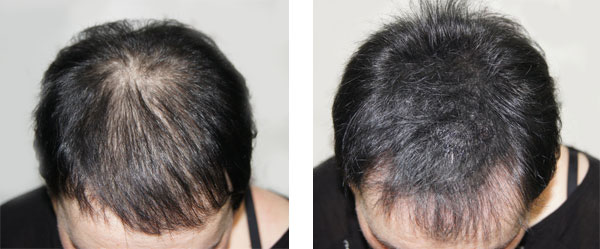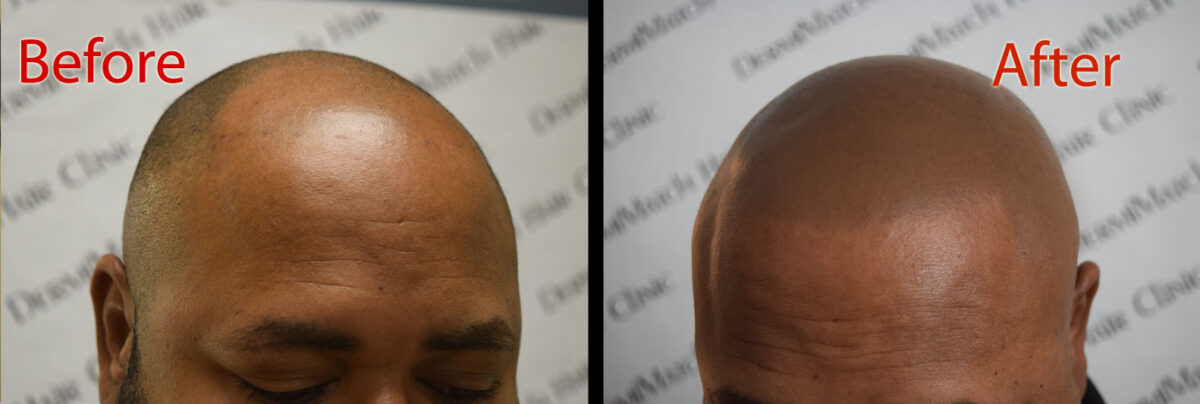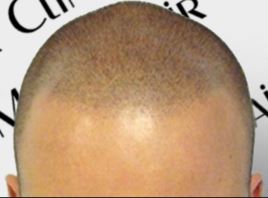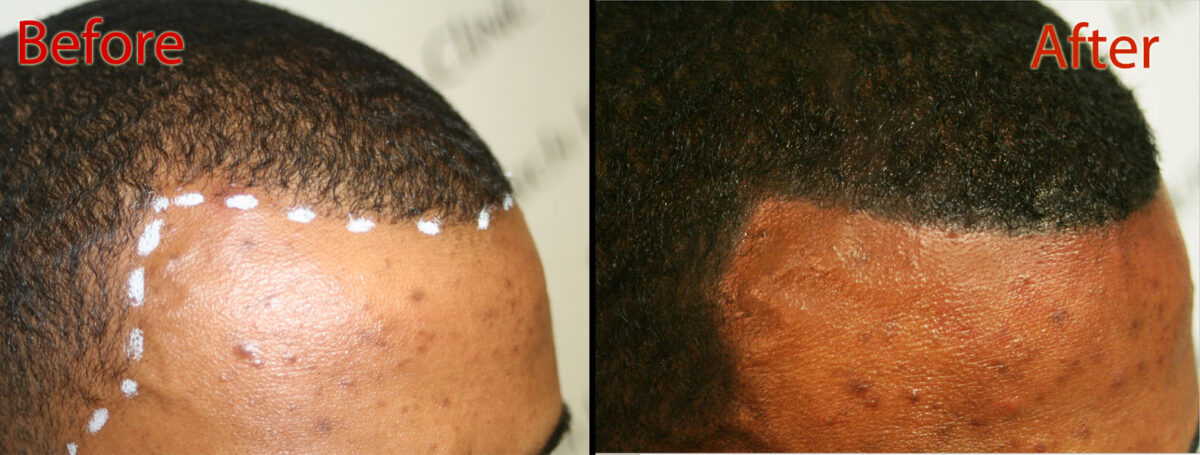For centuries, scalp massages for hair health have been a staple in hair care routines. No doubt, they have been passed down from generation to generation as a natural remedy for promoting hair growth and overall scalp health.
While recent scientific research hasn’t definitively crowned them a guaranteed hair growth solution, scalp massages offer a relaxing and potentially beneficial practice you can easily integrate into your self-care routine.
Let’s explore the connection between hair health and scalp massage further.
Nourishing the Roots With Scalp Massage for Hair
Healthy hair growth relies on a steady supply of oxygen and nutrients delivered to the hair follicles. Scalp massages can potentially aid this process by promoting better blood circulation in the scalp.
Gentle pressure applied during a massage helps dilate blood vessels, allowing for increased blood flow. This improved circulation can deliver essential nutrients to hair follicles, potentially creating a more favorable environment for hair growth and overall hair health.
Combating Stress: Can a Relaxed Scalp Mean Healthier Hair?
Chronic stress can wreak havoc on our bodies, and the scalp is no exception. Stress is known to negatively impact the hair growth cycle, potentially leading to hair loss or slower growth.
Scalp massages may offer a stress-relieving benefit, promoting relaxation and potentially mitigating the negative effects of stress on hair health.
The act of massaging the scalp can trigger the release of endorphins, our body’s natural feel-good chemicals. This relaxation response can help combat stress hormone, which may be linked to hair loss.
Exfoliation and Scalp Cleanliness
The scalp is prone to build-up of dead skin cells, sebum, and other debris. This build-up can clog hair follicles and hinder healthy hair growth. Scalp massages can help with gentle exfoliation, loosening and removing these unwanted elements.
Increased blood flow from the massage may also help flush out toxins and promote a cleaner scalp environment. A clean and healthy scalp provides a better foundation for healthy hair growth.
The Science Behind Scalp Massages for Hair Growth
Some studies suggest a possible connection between scalp massages and hair thickness or density.
For example, a small-scale study published in the journal “Skin Research and Technology” in 2002 investigated the effects of scalp massage on alopecia areata, an autoimmune disease that causes hair loss.
The study found that scalp massage combined with topical immunotherapy resulted in improved hair growth compared to immunotherapy alone. However, larger clinical trials are needed to establish the effectiveness of scalp massage for hair growth.
Potential Benefits Of Scalp Massages for Hair Health
Even if the evidence for hair growth is not yet conclusive, scalp massages offer several potential benefits for overall scalp health.
A scalp massage can help:
Reduce scalp tension
A tense scalp can be uncomfortable and may even contribute to headaches. Scalp massages can help release tension and promote relaxation in the scalp muscles.
Improve scalp condition
Scalp massages can help stimulate the production of natural oils, potentially keeping the scalp hydrated and preventing dryness or flakiness.
Promote relaxation and well-being
The act of scalp massage can be a calming and meditative experience, reducing stress and promoting overall well-being.
Scalp Micropigmentation: Get Rid of Visible Scalp Problems
While scalp massages offer potential benefits for overall scalp health and may contribute to hair growth in some cases, the results are not guaranteed. For individuals seeking a more definitive solution to address visible scalp concerns like thinning hair, a receding hairline, or scars, scalp micropigmentation (SMP) may be a better alternative.
SMP is a non-surgical cosmetic procedure that creates the illusion of a thicker hairline, denser scalp, or even a buzz cut using tiny dots of pigment deposited into the scalp. Get help from an Arizona scalp artist.
Arizona SMP experts at DermiMatch Clinic have a track record of transforming client’s hair loss experience by helping them get back their confidence with scalp micropigmentation.


